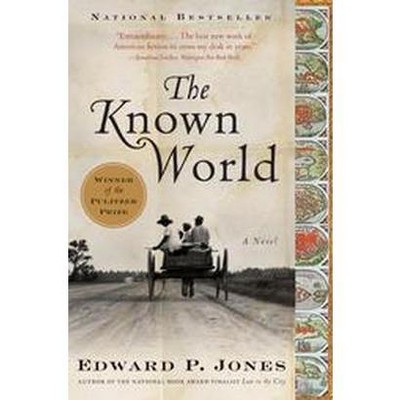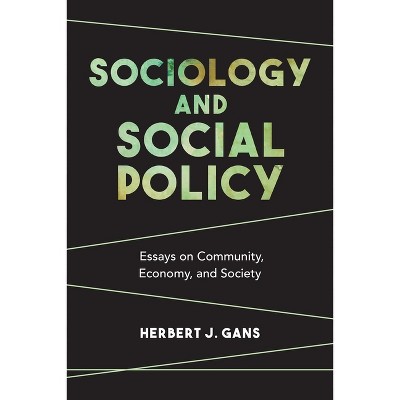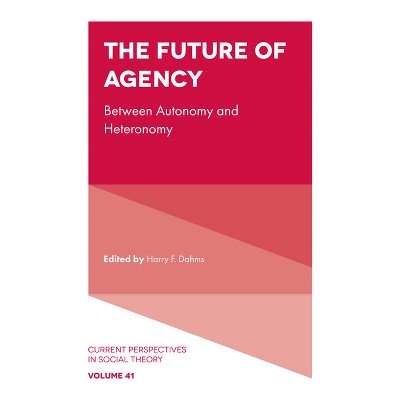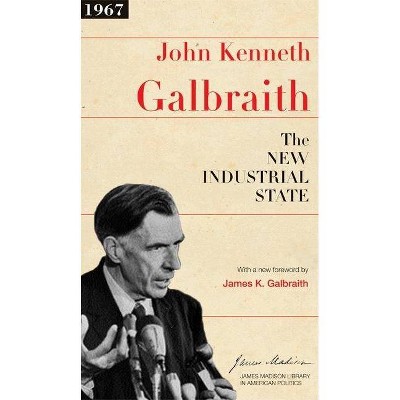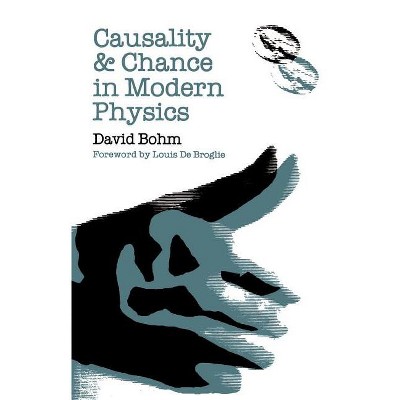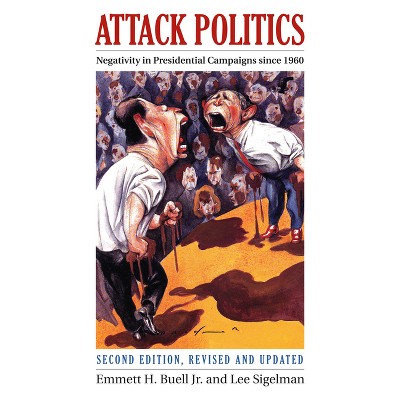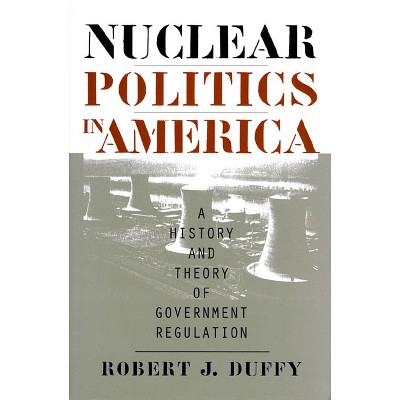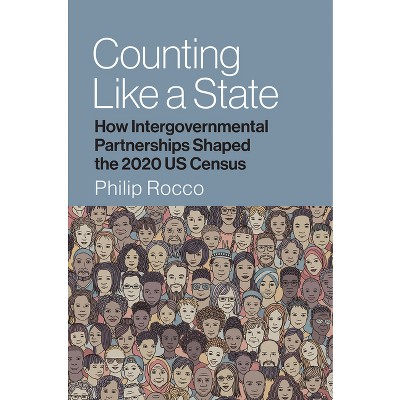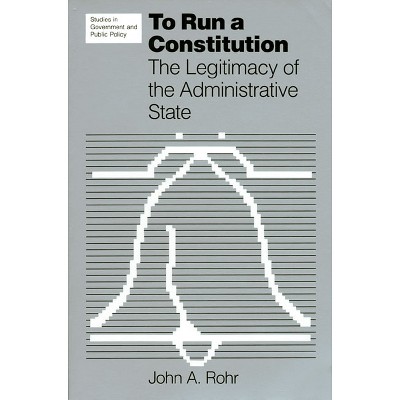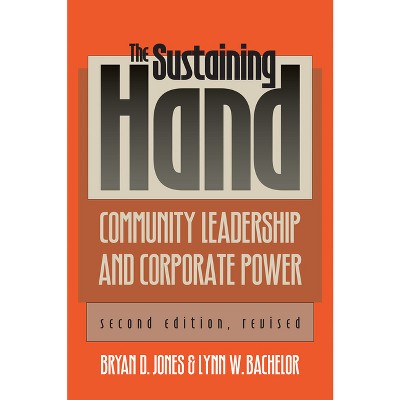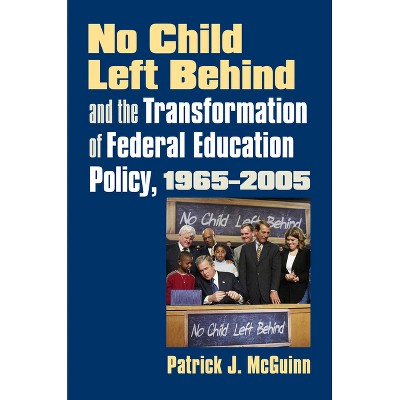Sponsored

Regime Politics - (Studies in Government and Public Policy) by Clarence N Stone (Paperback)
In Stock
Sponsored
About this item
Highlights
- From the end of Georgia's white primary in 1946 to the present, Atlanta has been a community of growing black electoral strength and stable white economic power.
- Author(s): Clarence N Stone
- 328 Pages
- History, United States
- Series Name: Studies in Government and Public Policy
Description
About the Book
Using the concept of urban regime, this book analyzes the ways in which resource-rich groups are able to devise informal means of cooperation and create an effective capacity to govern.Book Synopsis
From the end of Georgia's white primary in 1946 to the present, Atlanta has been a community of growing black electoral strength and stable white economic power. Yet the ballot box and investment money never became opposing weapons in a battle for domination. Instead, Atlanta experienced the emergence and evolution of a biracial coalition. Although beset by changing conditions and significant cost pressures, this coalition has remained intact. At critical junctures forces of cooperation overcame antagonisms of race and ideology. While retaining a critical distance from rational choice theory, author Clarence Stone finds the problem of collective action to be centrally important. The urban condition in America is one of weak and diffuse authority, and this situation favors any group that can act cohesively and control a substantial body of resources. Those endowed with a capacity to promote cooperation can attract allies and overcome oppositional forces. On the negative side of the political ledger, Atlanta's style of civic cooperation is achieved at a cost. Despite an ambitious program of physical redevelopment, the city is second only to Newark, New Jersey, in the poverty rate. Social problems, conflict of interest issues, and inattention to the production potential of a large lower class bespeak a regime unable to address a wide range of human needs. No simple matter of elite domination, it is a matter of governing arrangements built out of selective incentives and inside deal-making; such arrangements can serve only limited purposes. The capacity of urban regimes to bring about elaborate forms of physical redevelopment should not blind us to their incapacity to address deeply rooted social problems. Stone takes the historical approach seriously. The flow of events enables us to see how some groups deploy their resource advantages to fashion governing arrangements to their liking. But no one enjoys a completely free hand; some arrangements are more workable than others. Stone's theory-minded analysis of key events enables us to ask why and what else might be done. Regime Politics offers readers a political history of postwar Atlanta and an elegant, innovative, and incisive conceptual framework destined to influence the way urban politics is studied.Review Quotes
"An important book for all urban and political historians."--Journal of Southern History
"It is impossible to do justice to the analytical nuances of this book in a brief review. American urban historians, especially those interested in community power and city politics, should list it near the top of their 'must-read' books. Those interested in the modern South will also find it worthwhile reading."--American Historical Review
"This historically and theoretically rich study illuminates--rather, recasts--not only urban politics but also fundamental questions of governance, power, democracy, political economy, and the politics of race."--Journal of Politics
"A major work that serious students of democratic theory will find provocative."--Journal of the American Planning Association
"A major contribution to the literature on urban politics/Southern politics/public policy."--Choice
"A fine study that should have a major impact on democratic theory, the study of urban politics, and American race relations. The chapter on 'Rethinking Community Power' alone is worth the price of admission."--Jennifer L. Hochschild, author of What's Fair? America's Beliefs about Distributive Justice
"This book is the best study that we have of the politics of any large city. It is a superb mix of theoretical and empirical analysis."--Stephen L. Elkin, author of City and Regime in the American Republic
Shipping details
Return details
Frequently bought together
Trending Non-Fiction






